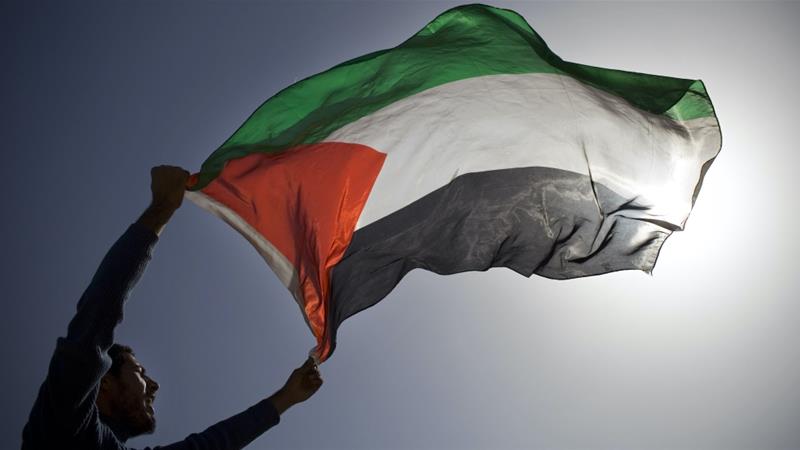Breaking News
Palestinian State Recognition: Who Supports It, Who Opposes, and Why It Matters
Britain, Australia, Canada, and Portugal have recognised Palestine, while Israel, the US, and some allies oppose. Explore which countries recognise the state, who doesn’t, and the global impact of recognition on the Israeli-Palestinian conflict.

Britain, Australia, Canada, and Portugal formally recognised the State of Palestine on Sunday, nearly two years after the outbreak of war in Gaza. France, Belgium, and other nations are expected to follow suit at the upcoming UN General Assembly.
The State of Palestine was unilaterally proclaimed by the Palestinian leadership in exile in 1988. Israel currently occupies the West Bank, while Gaza remains largely devastated.
Which countries recognise Palestine?
Approximately three-quarters of UN members now recognise Palestinian statehood. An AFP tally indicates that at least 145 out of 193 UN member states have extended recognition. This includes Britain and Canada — the first G7 nations to do so — as well as Australia and Portugal.
Several countries, including France, Belgium, Luxembourg, and Malta, are expected to announce recognition during a summit on the two-state solution chaired by France and Saudi Arabia at the UN headquarters in New York.
Russia, all Arab countries, nearly all African and Latin American nations, and major Asian countries such as India and China already recognise Palestine. Algeria was the first nation to do so on November 15, 1988, shortly after the late PLO leader Yasser Arafat proclaimed Palestinian independence. Subsequent waves of recognition occurred in 2010–2011, and the recent Gaza war has prompted at least 13 additional countries to recognise the state.
Who does not recognise Palestine?
At least 45 countries, including Israel, the United States, and key allies, do not recognise Palestinian statehood. In Asia, Japan, South Korea, and Singapore remain non-recognisers. Cameroon, Panama, and most Oceania countries also do not recognise Palestine.
Europe remains divided, with recognition split nearly 50-50. Until the mid-2010s, recognition in Europe was largely limited to former Soviet bloc countries. Some former Eastern-bloc nations, such as Hungary and the Czech Republic, still do not recognise Palestine. Western and Northern Europe historically opposed recognition, with Sweden as an exception in 2014. Recent developments, however, have changed the landscape: Norway, Spain, Ireland, and Slovenia recognised Palestine in 2024, followed by the UK and Portugal in 2025. Italy and Germany do not plan to extend recognition.
What does recognition mean?
Romain Le Boeuf, international law professor at the University of Aix-Marseille, described recognising Palestinian statehood as “one of the most complicated questions in international law, a halfway point between the political and juridical.” States may recognise Palestine explicitly or implicitly, with no formal registration process required.
Le Boeuf added, “Recognition does not mean that a state has been created, no more than the lack of recognition prevents the state from existing.” Recognition carries mostly symbolic and political weight, signalling that three-quarters of countries believe Palestine meets the criteria of statehood.
Philippe Sands, a Franco-British law professor, told the New York Times, “Because once you recognise Palestinian statehood… you essentially put Palestine and Israel on level footing in terms of their treatment under international law.”
Opinion Nigeria News










